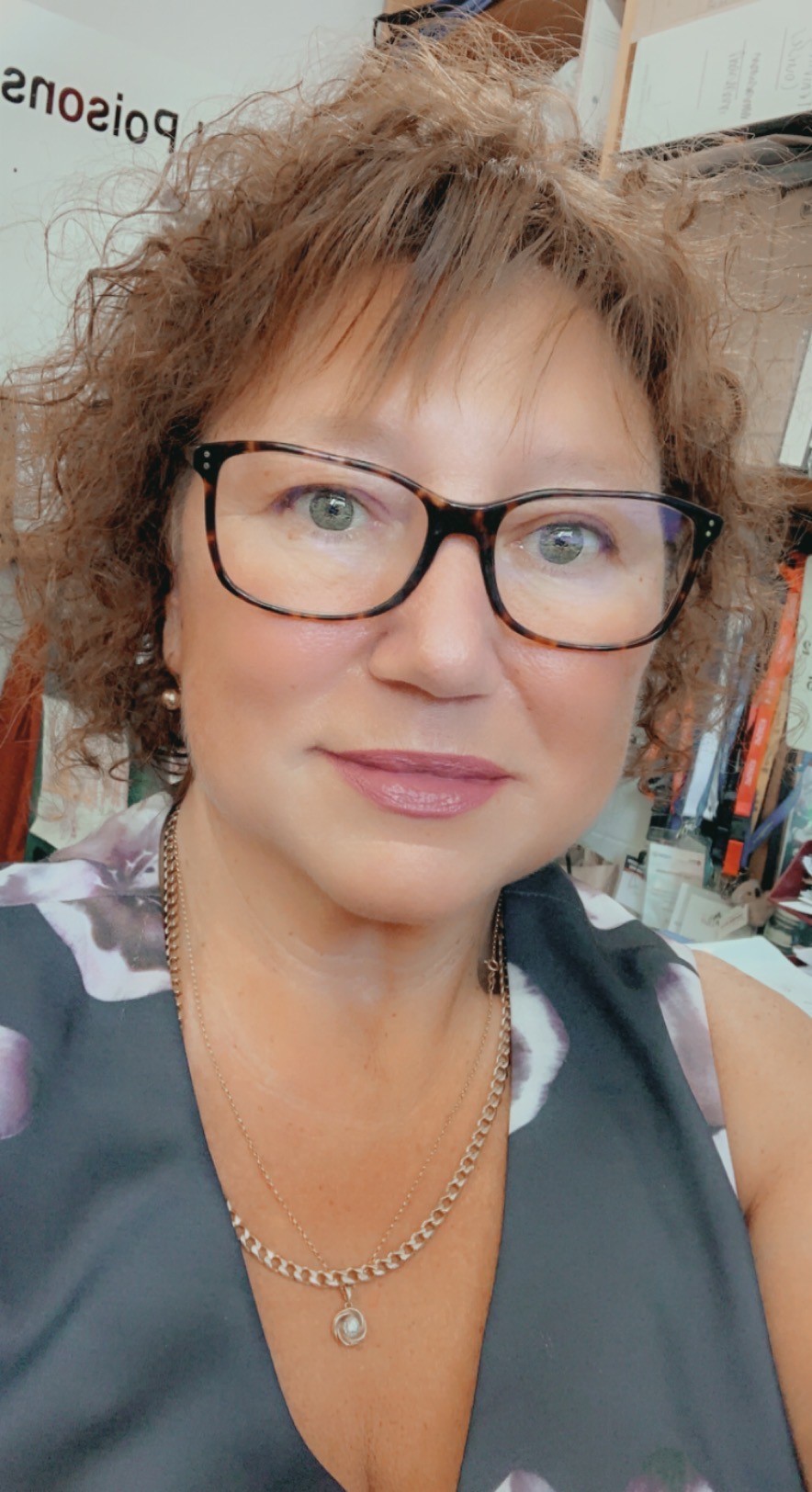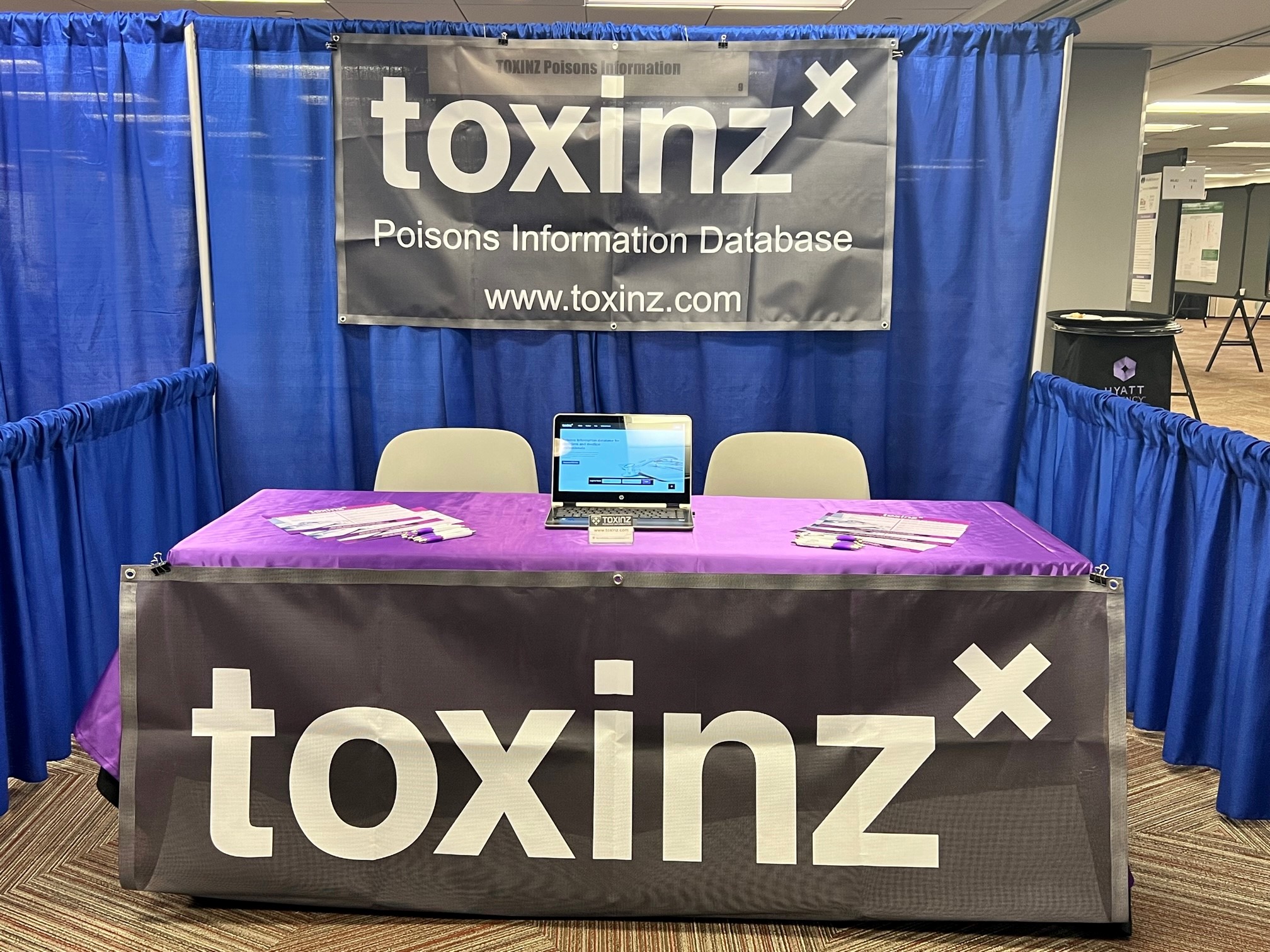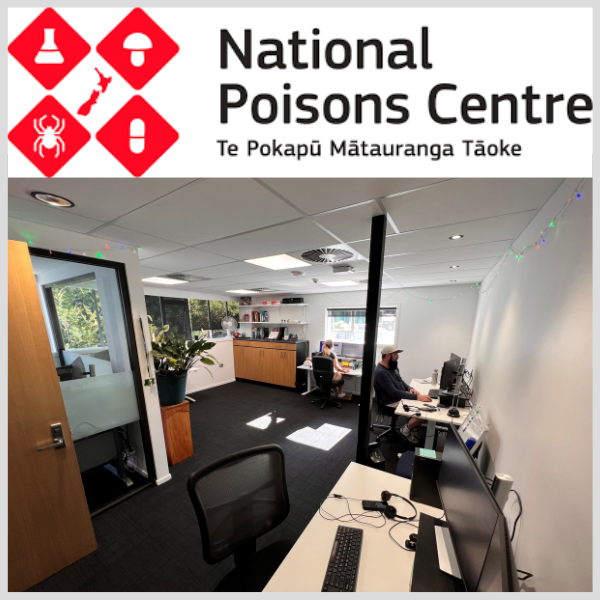Finding accurate poisons information: spotlight on the New Zealand National Poisons Centre
Research4Life serves more than 11,500 institutions around the world, and it’s all thanks to our dedicated partners. As we celebrate reaching more than 200,000 resources, we’re featuring those who make it all possible.

Today we chat with Lucy Shieffelbien, Service Delivery Manager at the New Zealand National Poisons Centre. The Centre is the only service of its kind in New Zealand: it promotes public education in poison prevention and emergency preparedness effort, and also provides professional and timely advice during poisoning incidents.
Thank you for speaking with us Lucy! What are the core activities of the National Poisons Centre?
The National Poisons Centre maintains TOXINZ, an up-to-date database of poisonous substances. We also operate 24 hours a day, 7 days a week answering calls about the toxic effects of pharmaceuticals, chemicals and household products, plants, fungi and hazardous creatures. We get calls from both members of the public and health care professionals: we answer around 25,000 telephone enquires each year!
The way we interact with the public is very different to how we engage with professionals. For example, a call from a distressed mum of a 3-year-old who has just ingested a small amount of hand sanitizer will be very different to a call from a busy emergency department consultant who is caring for a patient who tried to self-harm with a poly-pharmacy overdose. The information provided has to be audience appropriate: for members of the public, providing reassurance is just as valuable as providing the actual poisoning advice.
Can you tell us more about what resources are available to Research4Life users?

We provide a resource called TOXINZ, which is a poisons information database developed by the National Poisons Centre for clinicians and medical professionals. It currently has paying customers in over 33 countries, and is available for free to Research4Life users.
TOXINZ content is fully researched and referenced with hyperlinks to PubMed: it is succinct, easily navigated and contains clear recommendations on patient management. Updates are made in real-time and content is written by the staff at the National Poisons Centre, with reviews from an International Editorial Board.
Can you take us back: when did the National Poisons Centre first join Research4Life?

The National Poisons Centre first became involved with Research4Life back around 2011. It came about after doing a project in the Pacific to strengthen capacity to deal with chemical incidents — and it became clear that not all countries have access to the same resources. It was around that same time that a staff member from WHO asked if we had thought about making TOXINZ available through Hinari, Research4Life’s health collection.
This was the first time I had heard of the partnership, and I thought it fit perfectly with the mission of the University of Otago, of which the National Poisons Centre is a service unit. One of the core values at the University is “equity”. In the case of TOXINZ that value translates to equity of access, so under the auspices of social good, the University made the decision to provide free access to TOXINZ for lower income countries via Research4Life. As an academic institution, the University of Otago knows only too well the value of access to publications!
Discover Research4Life
Research4Life provides institutions in lower income countries with online access to academic and professional content. Find out how to get access.
Already a user? Discover our Training Center, and find free resources to make the best use of Research4Life and improve your research skills.
Why are we fundraising for Research4Life?
While we have accomplished a tremendous amount through volunteer efforts and in-kind contributions, scaling-up remains challenging.





